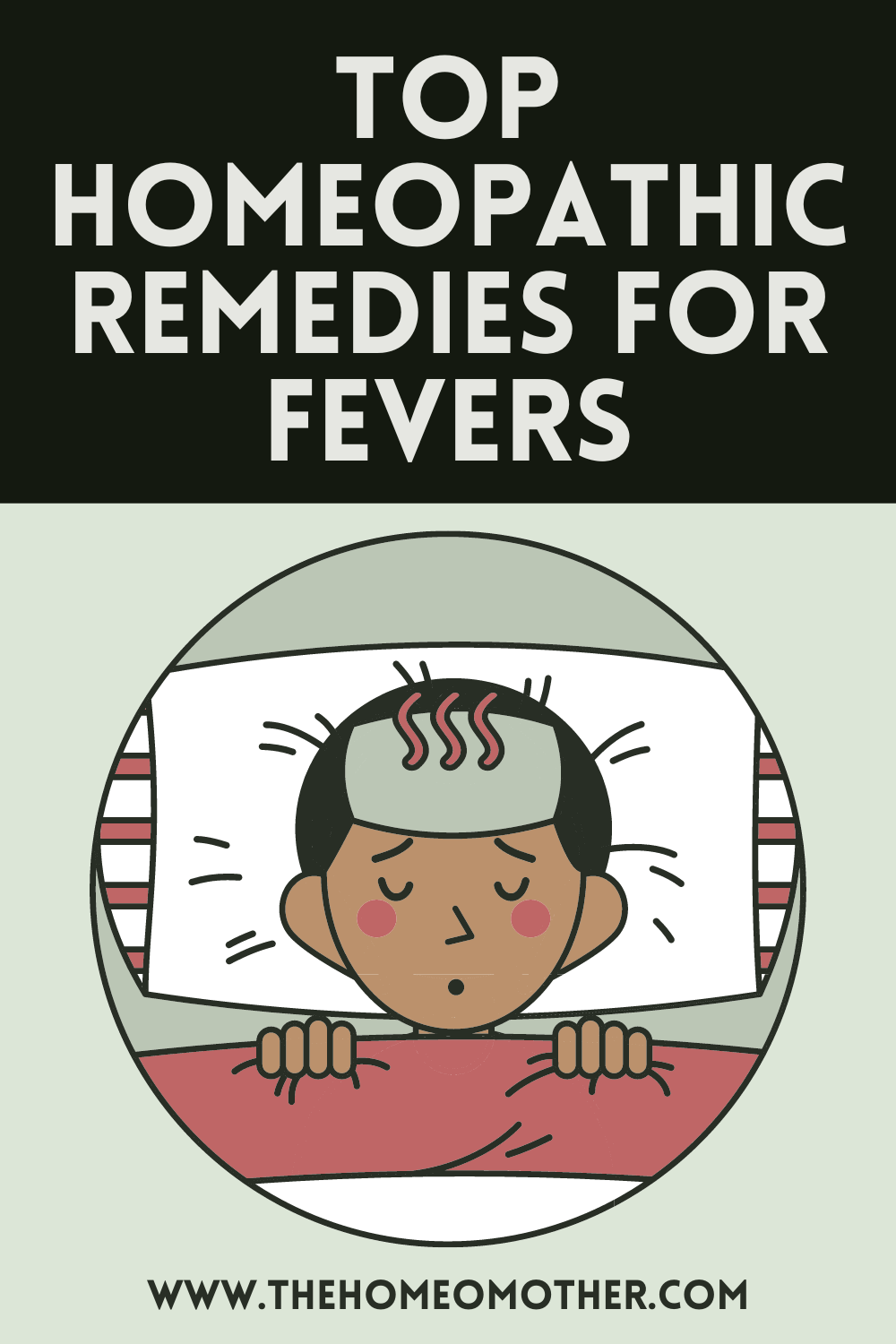How to Know When You Should Take a Dose in Homeopathy

Dosing in homeopathy is unlike that of any other type of system, and in a way rather simple:
You only take a remedy when there are symptoms present.
That’s it.
To illustrate, let’s say that you have a cough. You are able to compare the totality of your symptoms (see post: What is Homeopathy?) and find a really good fit on the basis of like cures like.
You take the remedy, and…it works!
Let’s say though a few hours later that the cough returns.
Then, and only then would you take it again, as there would be symptoms currently present.
To discern though a few different scenarios:
- Let’s say that you take a remedy for the first time for an issue and nothing happens: that simply means it is not the correct remedy. It is generally viewed that it is fine to try a second time, but if after a second time there is no improvement do not take it again. In that instance there is likely another one better suited.
- You take the remedy, it helps, so you keep taking it whether or not there are symptoms present. Doing this is so strongly advised against because you could induce a proving. There will be an entire post on provings, so be sure to subscribe 🙂
- You take the remedy, it aggravates you, but then you feel relief. In this instance it would be a homeopathic aggravation. It means that it was a well selected remedy, but that the potency was too high (see post: Homeopathic Potencies Explained).
So in short, if you take a remedy and it helps you: only repeat the dose when/if the symptoms return. if you take a remedy and nothing happens, it is not the correct remedy.
want to learn more about homeopathy?
Join the community to ask your questions, connect with like-minded individuals, attend live weekly Q&A and so much more!
I hope that you all found this informative and interesting! If so be sure to subscribe to my newsletter (you will get a copy of my free first aid guide) and leave a comment below.







